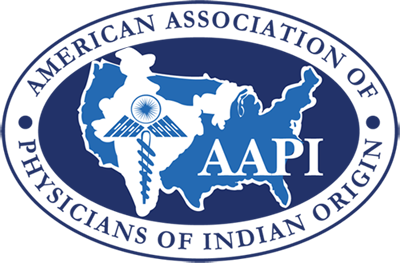
The SAT and ACT (American College Testing) scores have always been key deciding factors in college admissions. Even though many universities went “test optional” after COVID, the recent trend for the last two years have been to move back towards “test required”. The simple reason is that a standardized test score has always been, and will continue to be, the golden standard for judging the strengths of applications. However, I will shelve more discussion of “test optional” for another article. Just as we were getting comfortable with the familiar paper-based ACT, we now hear about the new Digital ACT looming on the horizon.
Starting in April 2025, students who choose to test online (take the Digital ACT) will have more flexibility and choice, experience a shorter test, and get more time to respond to each question. Beginning with the September 2025 test, all students testing on a Saturday, either online or on paper, will experience these benefits. Schools and districts will have these options starting in Spring 2026.
So, what is staying the same with Digital ACT? For one, the ACT will continue to be based on your high school curriculum, and the scores will give students the opportunity to qualify for scholarships. The Composite score scale for the Digital ACT will remain 1-36, and scores from tests taken prior to the rollout of the new Composite score will not change.
However, there are going to be quite a few changes. The Digital ACT will be shortened from 195 minutes to 125 minutes, while the science section will become optional. The Composite score will now only include English, math, and reading, with an optional science score and a STEM score if students choose to take the science section. The number of questions will be reduced overall (44 fewer questions to be exact), and students will get more time per question. The number of math question answer choices has been reduced from 5 to 4.
Starting in September 2025, Digital ACT will also be offered on paper – yes, that is a paradox! Students will always have the choice to test online or on paper!
For students who want to pursue a STEM career, the science section is still there to showcase their skills, and I highly recommend that they take the science section. It is very tempting to take a shorter test, but not taking the science section may end up doing some real damage, come application time.
For those students who have prepared for, or are preparing for, the existing conventional ACT, I suggest that they do not switch to the Digital ACT version at all. Instead, they should make sure that they make an adequate number of attempts on the existing ACT and get their desired score by the July 2025 test date. Any time a test changes, it brings instability and unknowns with the change. If a student is not at all comfortable with the science questions (which are mainly on data interpretation and understanding experiments), then the student may want to start taking the online version of the Digital ACT from April 2025.
If you are still with me till this point, then you must be contemplating taking the ACT in the near future. To be or not to be (in the Digital ACT camp) – that is the question!
Dr. Ari Mukherjee is President and Founder of HitchHiker’s Guide To College. www.hitchhikersguide2college.com Contact: hhg2c@yahoo.com or 704-840-5485.



